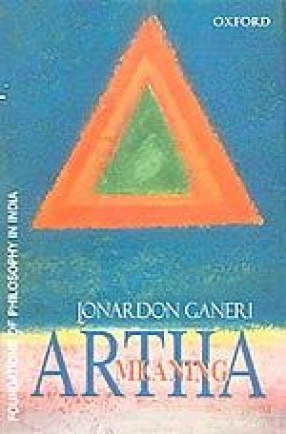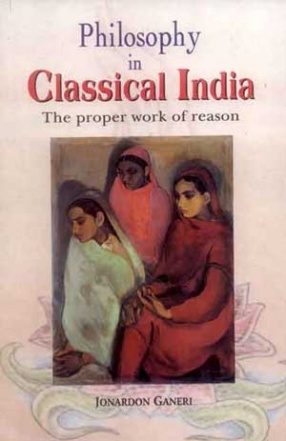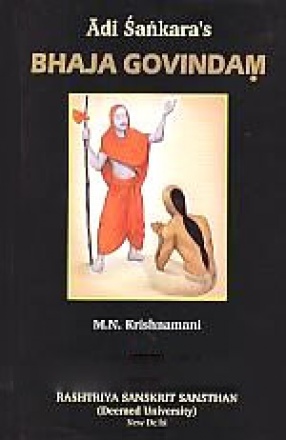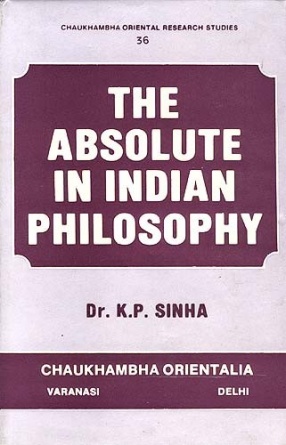A word has the power to stand for an object. And the capacity to understand words gives people the power to acquire knowledge. This relationship between a semantic and an epistemic power has been a core concern for Indian philosophers of language down the ages. In this second volume in the Foundations of Philosophy in India series (the first was Cit: Consciousness by Bina Gupta), Jonardon Ganeri examines theories of meaning or artha. He discusses approaches in different schools of thought: Grammarian, Mimamsika, Buddhist, early Naiyayika, Navya Naiyayika, and Vedantin, highlighting the significant relationship between ‘word’ and ‘meaning/knowing/knowledge’. He focuses primarily on the Navya-Nyaya school, especially its two tenets: that the central function of a word is to stand for an object, and that a language is essentially a device for the reception of knowledge. This approach is in marked contrast to the position generally exhibited in western literature until recent times. Ganeri probes further the tension between these two tenets. He also elucidates on the important changes brought about by the introduction of modes of thought in the theory of meaning. An important contribution to the philosophy of languages, this volume demonstrates that classical Indian theory of language can inform and be informed by contemporary philosophy. Students and scholars of philosophy and Iinguistics, history, sociology, and anthropology, as well as those working on philosophical and liturgical texts will find this book an enlightening and rewarding read.
The Self: Naturalism, Consciousness and The First-Person Stance
What is it to occupy a ...
$108.00
$120.00








There are no reviews yet.